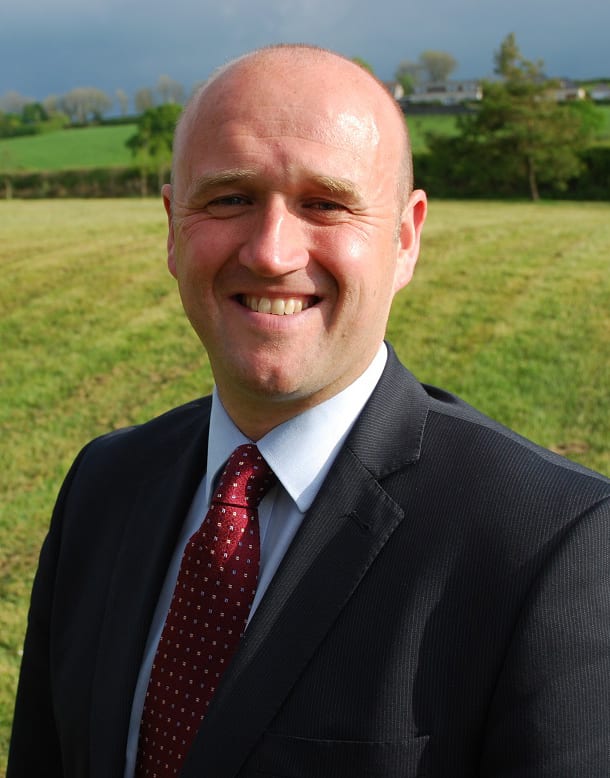The Dyfed Powys Police and Crime Panel has welcomed the focus being put on rural and wildlife crime across the force area.
Members of the panel have raised the issue as one of its key areas of scrutiny, and took the opportunity to question the Police and Crime Commissioner Dafydd Llywelyn about his efforts to address the matter at its most recent meeting.
They were told about the emphasis being placed on preventing and detecting rural crime, as well as the efforts to engage with the rural community and accurately record crimes.
In the last 12 months, the force has dealt with over 2,600 incidents involving farms, wildlife and other rural crimes such as off-roading, suspicious activity, mental health concerns and providing assistance to agencies like the RSPCA.
A clear theme from the commissioner’s response to the panel was one of collaboration.
Cllr Les George, lead panel member on rural and wildlife crime, welcomed the connections the commissioner had forged with the likes of the Farmers’ Union of Wales, the National Farmers Union and Young Farmers’, but called for more involvement with town and community councils.
Representing a rural ward on Powys County Council, Cllr George said he has first-hand experience of the effects of rural crime.
“There are so many different rural crimes, not just against farmers but the general public,” he said. “Sheep worrying – I’ve seen people nearly in tears when they have sheep in lamb and some irresponsible people let their dogs near the fields. Sheep rustling continues, but this would not happen unless there’s somewhere they can take the sheep. Then there’s badger baiting, hare coursing, fox hunting, poisoning birds of prey – there’s many crimes being committed in the countryside.
https://getaltd.co.uk/exhibitions/royal-welsh-show
“On our community council, 75 per cent of the committee are farmers or people working in rural areas – I’d like a little bit more connection with the community councils. It’s nice to see you were in touch with FUW, NFU, Young Farmers’ etc… but we hope to see an improvement and more connection with rural people.”
Responding, Mr Llywelyn said: “I listened to the farmers’ unions when I came in in 2016 and have put some action in place – it’s one of the things that I’m most proud of in terms of delivering improvements. Regarding community councils, I’ll feed that back to the rural crime team.”
Dyfed-Powys Police’s strategy for rural crime focuses policing in a number of areas – farm and agricultural crime, heritage crime, wildlife crime, business and food crime, protecting vulnerable people, rural isolation, tourism, road safety, and serious and organised crime.
Four police officers and six PCSOs are dedicated to focusing on these areas with the support of neighbourhood policing teams.
The commissioner recently funded a study by researchers at Aberystwyth University, launched at last year’s Royal Welsh Show, seeking feedback from farmers and other key stakeholders about their experience of farm-related crime, police attitudes, and the effectiveness of crime prevention measures.
The commissioner’s full report to the panel can be found as part of the agenda papers for the meeting online at www.dppoliceandcrimepanel.wales.
The Dyfed Powys Police and Crime Panel is made up of representatives from the four local authorities in the force area, and has a duty to hold the commissioner to account.
As well as challenging and scrutinising the work of the commissioner, the panel can also ask him questions on behalf of members of the public.
Questions can be submitted on any issue relating to the Commissioner’s role such as the force budget, the police estate and how he monitors the work of the Chief Constable.
Questions can be submitted online, or submitting them in writing to DPPandCrimepanel@carmarthenshire.gov.uk at least 10 days before a panel meeting.
Help keep news FREE for our readers
Supporting your local community newspaper/online news outlet is crucial now more than ever. If you believe in independent journalism, then consider making a valuable contribution by making a one-time or monthly donation. We operate in rural areas where providing unbiased news can be challenging. Read More About Supporting The West Wales Chronicle























